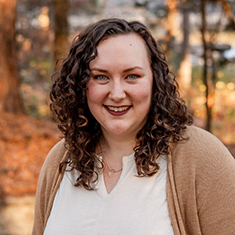In Mexico, the U.S. Agency for International Development (USAID) designed the Programa para el Fortalecimiento de Instituciones de Justicia Penal Estatal (ConJusticia) to strengthen the criminal justice system in eight partner states. High levels of violence, organized crime, and impunity in Mexico have reduced public trust in the government and the justice system. Despite these challenges, our partner states have shown commitment to improving the justice system and citizen confidence in state-level institutions. Launched in 2020, the program is rooted in a local systems approach that relies on local leadership, ownership of, and collaboration on interventions to enhance the capacity of state justice systems and reduce impunity.
ConJusticia places local communities in the lead of 50 percent of all activities, works with more than 130 local partners, and directs nearly 30 percent of project funding to local partners, leveraging and strengthening the capacity of nearly 80 local civil society groups and partners. This experience has yielded several lessons in how to elevate local leaders.
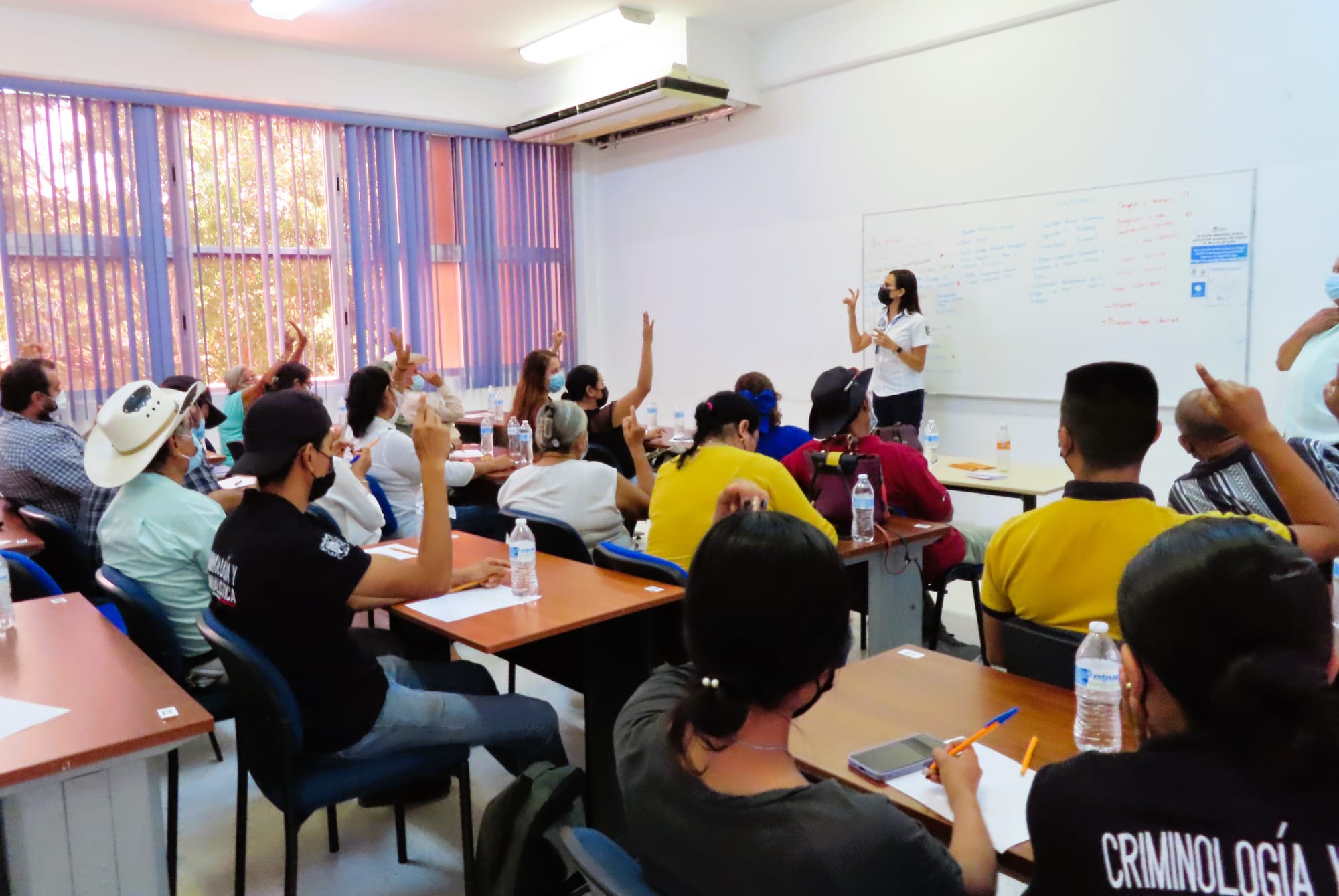
Provide Local Partners the Support They Need
When the project kicked off, the team discovered there were not many civil society groups experienced in working with state justice sector institutions, making it difficult to find local partners with the capacity to co-create and support technical assistance. In addition, local partners were wary of international programs and especially their compliance requirements. ConJusticia was able to overcome this obstacle by investing in building the capacity of potential local partners to engage with us—by offering workshops on proposal development for USAID work, hosting information sessions, helping partners throughout the proposal process, and supporting them after the award according to their needs.
More than 50 civil society groups came out of our proposal workshops in 2023 with improved skills in drafting proposals that comply with USAID funding requirements. These workshops positioned them to respond better to ConJusticia’s calls for applications and built their capacity to respond to USAID and other international funding opportunities in the future.
As a result, the number of proposals submitted to ConJusticia’s Annual Program Statement has quadrupled, vastly increasing USAID’s pool of potential local partners. We have seen more participation of partners new to the USAID funding process—including five organizations receiving USAID funds for the first time—and civil society groups are increasingly confident that such funding is indeed attainable.
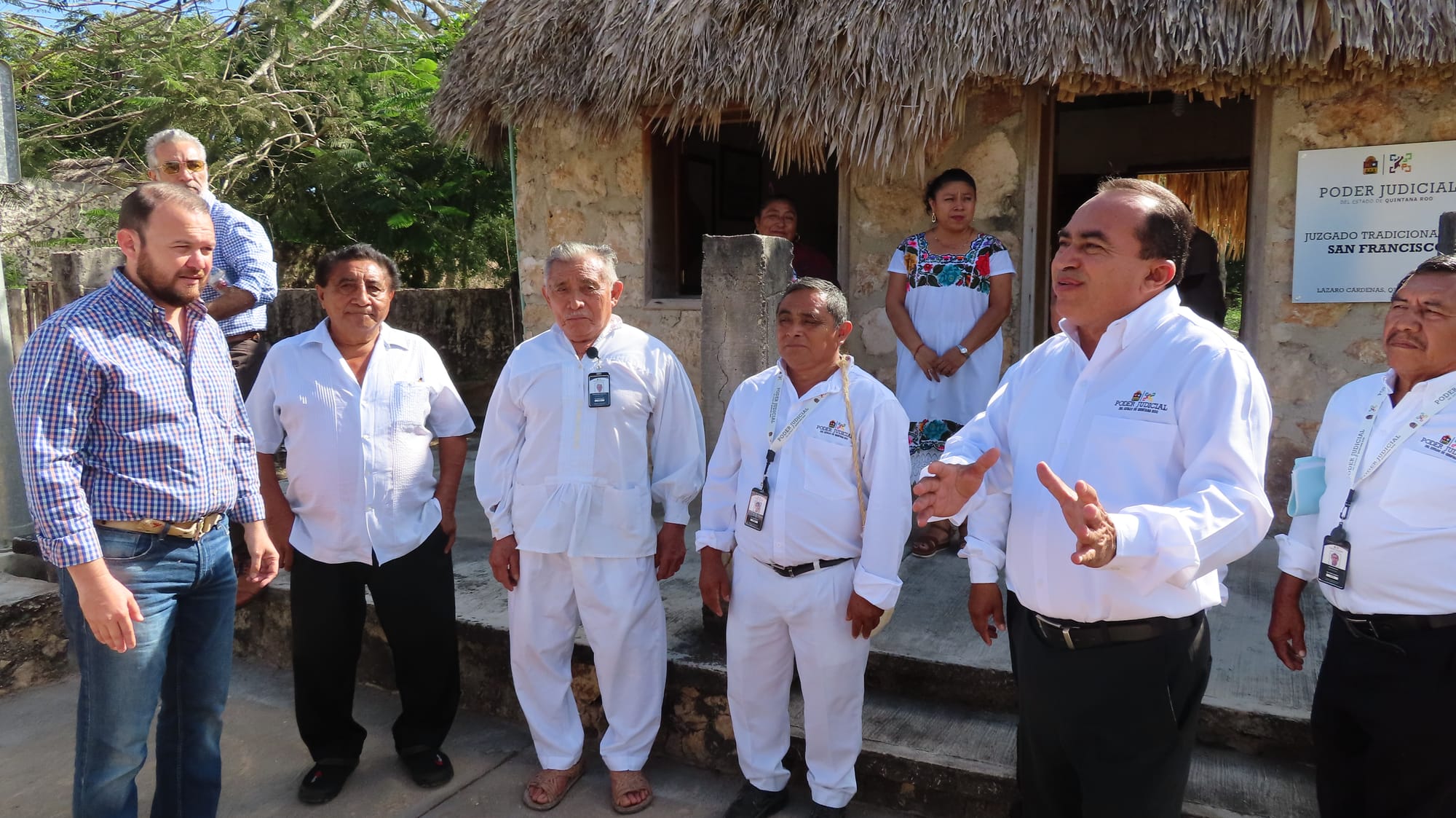
Foster Co-Responsibility
ConJusticia facilitates long-lasting partnerships between justice institutions and nonstate actors—civil society groups, private sector, and academic—leveraging local capacities to promote co-responsibility in the generation of local solutions to address gaps in the criminal justice system. We engage with established local organizations and new partners in target states, focus on specific justice problems and support the generation of solutions-based partnerships with attorneys general offices and courts in eight states and 36 judicial districts.
ConJusticia fosters co-responsibility through its grants portfolio, innovative pilots, workshops and trainings, peer-to-peer exchanges, and collaborative, multisectoral projects. For example, we promoted the creation of internal and external committees in state courts. These committees analyze state court hearings and sentences to identify whether they applied a gender equality and social inclusion (GESI) lens, reviewing cases against a checklist of observation criteria, such as use of inclusive and accessible language; use of differentiated approaches for individuals in vulnerable situations; consideration of the victim’s level of criminal risk; and application of a GESI perspective in legal arguments. This analysis is then used to identify areas of opportunity for improvement and tailor trainings for judges to reinforce best GESI practices. Sonora and San Luis Potosí’s courts have both installed external committees, which include representatives from civil society, academia, and private sector law firms. These committees are the first of their kind in the country, embracing an open justice model based on co-responsibility, granting civil society actors the opportunity to co-create solutions in partnership with state courts.
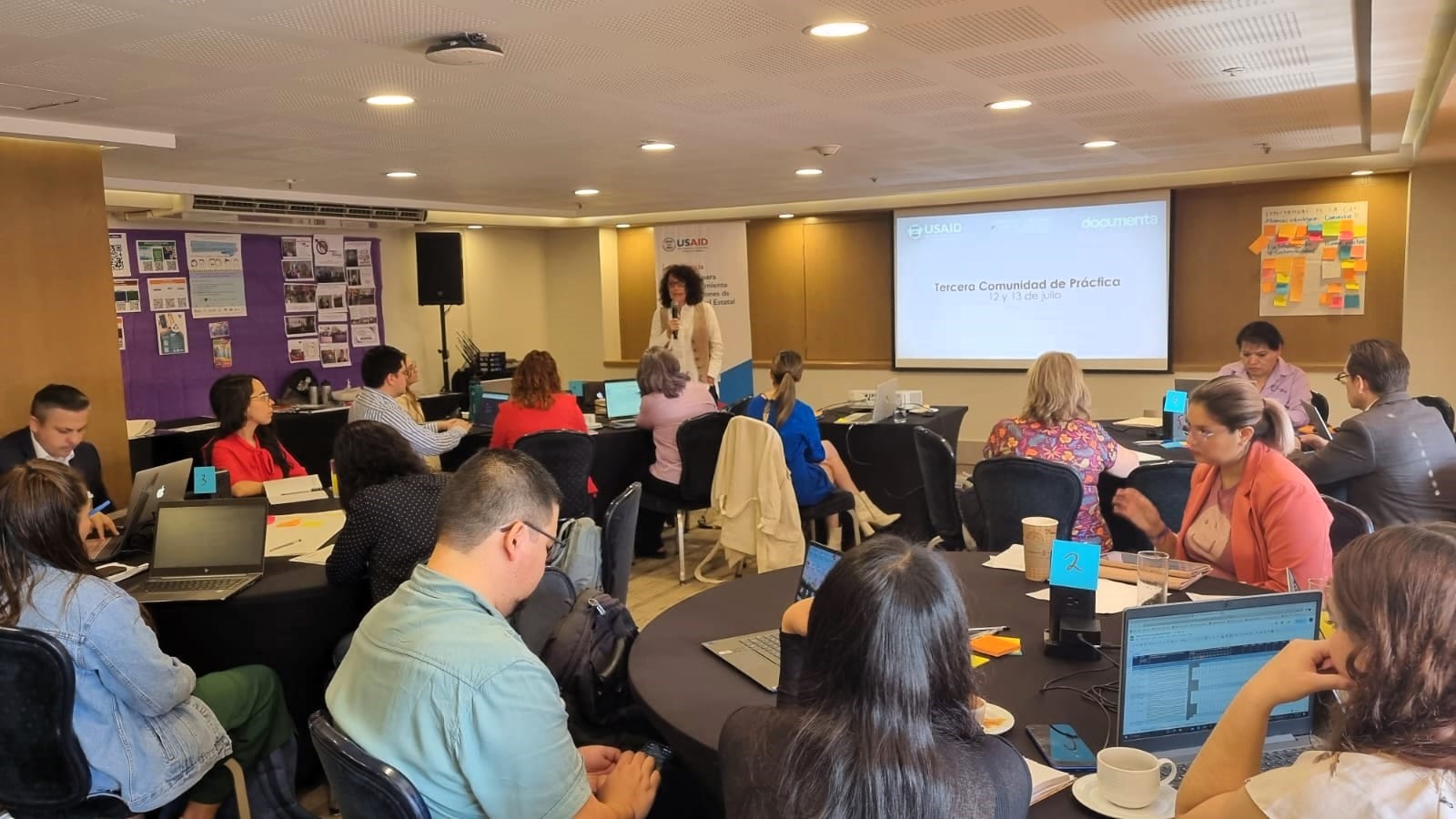
Promote Co-Creation
Creating solutions side by side with local partners is a fundamental part of ConJusticia’s strategy. We engage with local partners to develop approaches, methodologies, and tools that are tailored to address local criminal justice systems’ issues across target states.
For example, ConJusticia engaged in a co-design process with local partners to draft criminal prosecution policies across several target states. We conducted roundtable discussions, focus groups, and participatory workshops with leaders from justice institutions, civil society, academia, and the private sector. Together, we agreed on the priorities that shaped the proposed policies in each state, based on the local partners’ analysis of crimes that have a particularly high impact at the local level.
The attorney general offices of the four states have demonstrated their commitment to, support for, and ownership of these locally driven policies by setting up committees to monitor and evaluate their implementation—meaning these policies are more likely to be sustained beyond ConJusticia’s mandate.
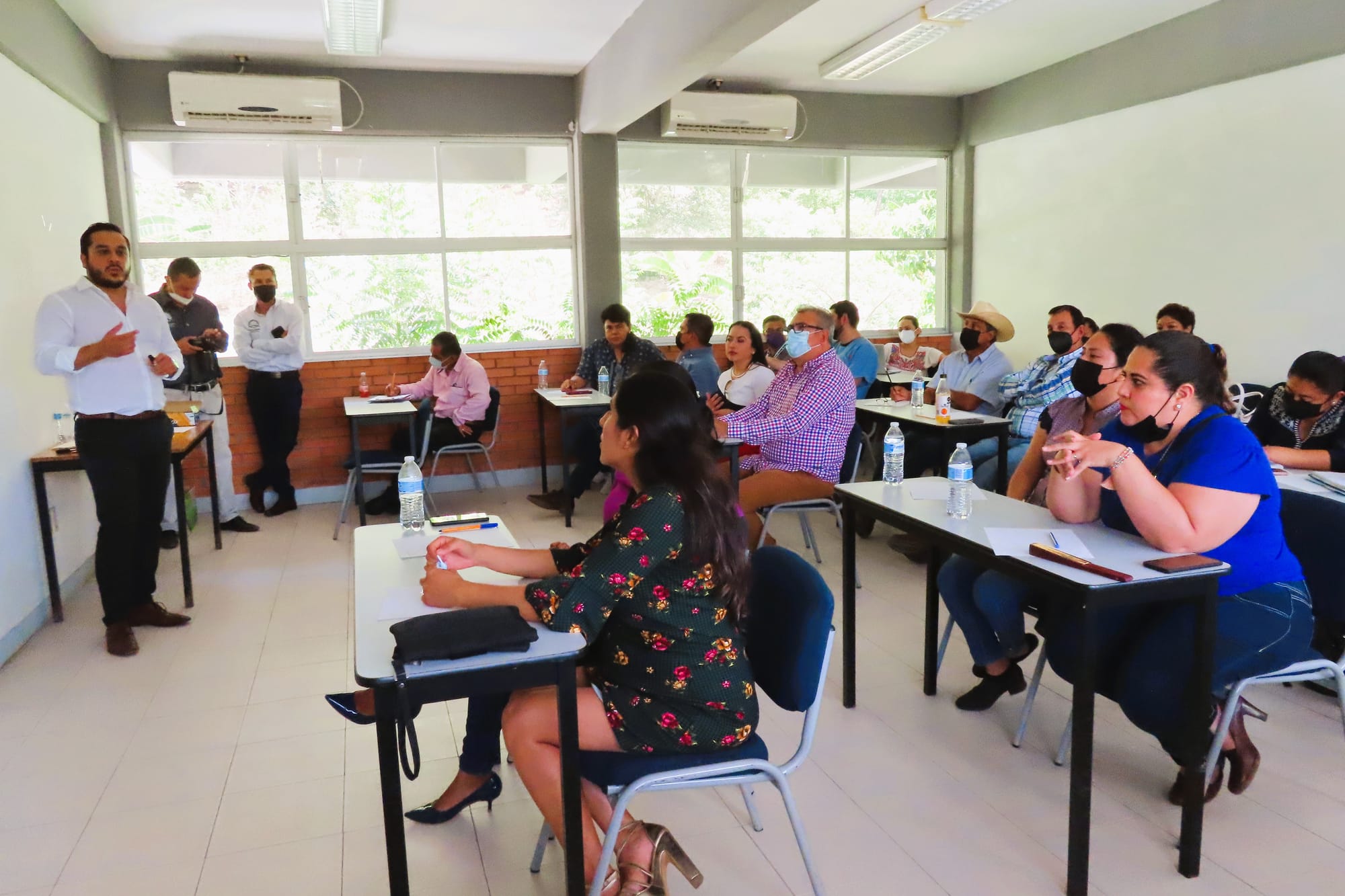
Strengthen Institutions According to Their Priorities
ConJusticia builds the capacities of local counterparts to take the lead on setting their own priorities and designing, implementing, and measuring results. We designed and facilitated the Institutional Maturity Model (IMM), an institutional capacity assessment for attorney general offices and state courts to identify priorities for institutional strengthening. State courts across six target states use the capacity assessment methodology and identify priorities for targeted support, then ConJusticia tailors its assistance to meet those needs.
The IMM is now a user-friendly, semi-automatized self-assessment tool that is being transferred to these counterpart institutions, enabling them to measure their own capacities, identify priorities for capacity building, and plan based on their resources to ensure sustainability. It has also motivated target attorney general offices and courts to identify best practices that they can exchange with justice sector institutions in other states.
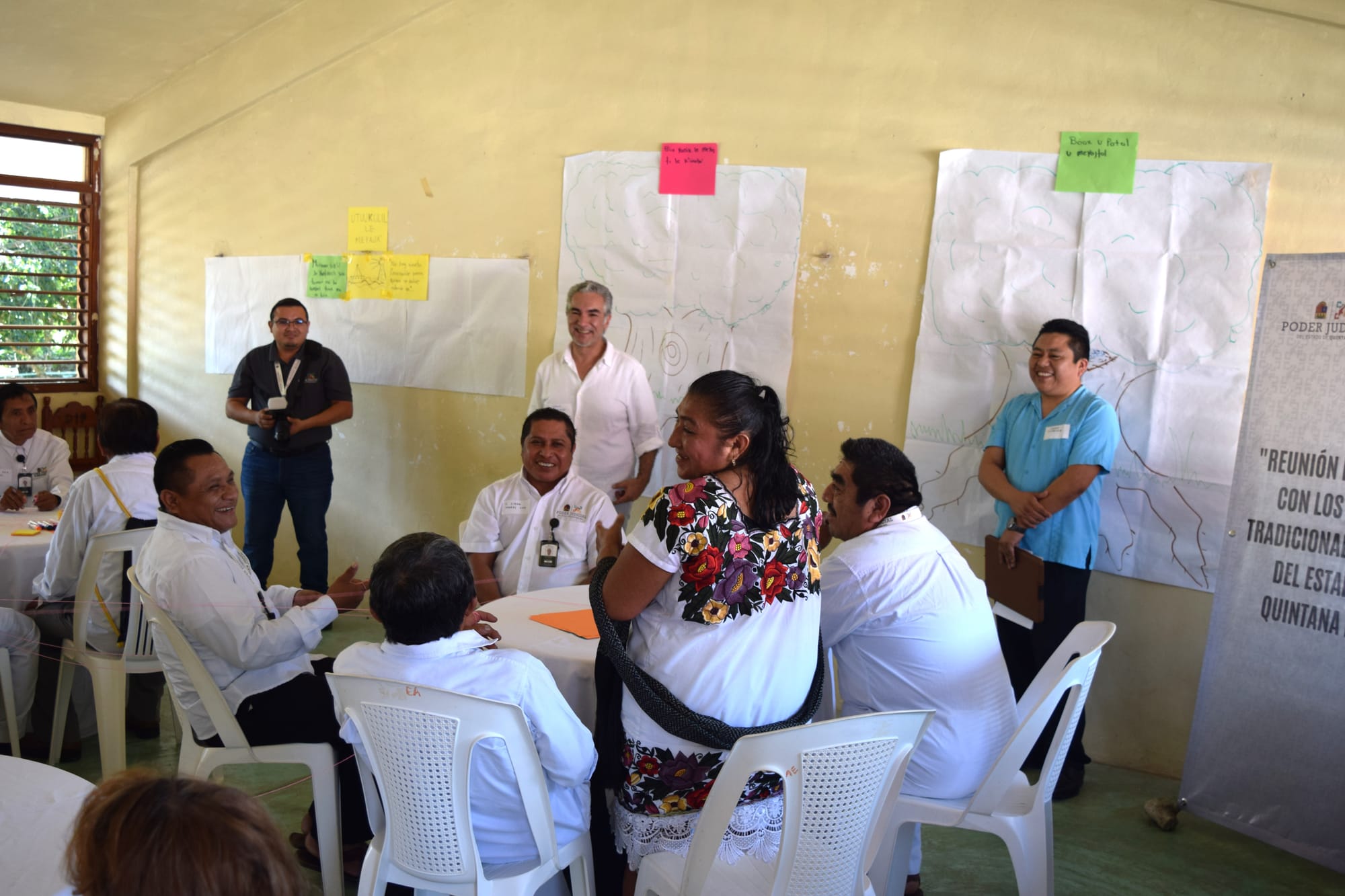
Support Innovation and Collaboration
ConJusticia has strengthened local systems by promoting stakeholder collaboration and innovation through multistakeholder associations, such as the Mexican Laboratory of Innovation in Criminal Justice (LABMEX), an open, national platform to disseminate best practices and foster innovations in the criminal justice space. Led by local partner Documenta and funded through a ConJusticia grant, LABMEX has collaborated with local partners across target states to co-design solutions that improve access to justice.
In San Luis Potosí, for example, LABMEX brought together the state attorney general office, state court, State Women’s Institute, the Women’s Justice Center, and Intercultural University to design and launch a “Mobile Community Service” pilot program aimed at improving access to justice for indigenous women. Providing mobile services, including legal counseling, to female victims of gender-based violence in indigenous communities, the pilot reached more than 500 people. Representatives from these communities have since met with state court judges and local authorities to brainstorm how to develop and improve the initiative.
Transfer Capacities
To ensure the enduring utility of its methodologies and tools, ConJusticia is transferring them—with appropriate education and training—to counterpart institutions, the private sector, civil society grantees, and other local partners.
In addition to the capacity self-assessment tool, for example, ConJusticia has designed, implemented, and transferred another self-assessment tool to strengthen gender units in state courts. Gender units in all eight target states used this tool to identify their own strengths and weaknesses and then tailored their work plans to better embed GESI initiatives in their institutions. Based on these assessments, ConJusticia helped draft tailored operational manuals for gender units as well as protocols to prevent and respond to harassment and discrimination in the workplace. To date, gender units in 23 states across Mexico have received this assessment tool as part of a transfer strategy to improve GESI efforts.
ConJusticia will continue to engage with, learn from, and empower local partners as leaders in the final year of our project.
